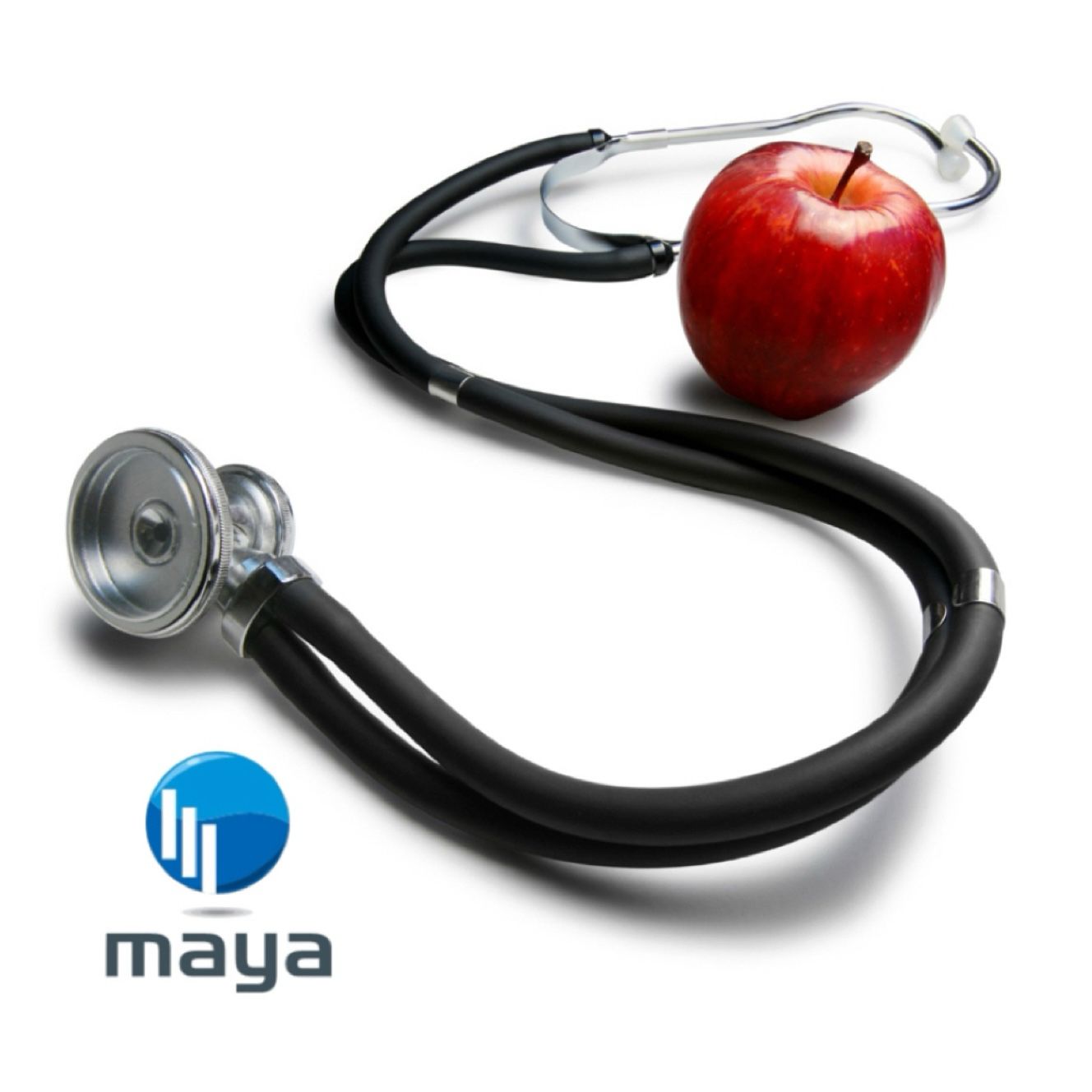What are the benefits to national governments of using Dr Maya as a gatekeeper to prevent patients with common illnesses or infections from calling or visiting a doctor in a hospital or family practice?
This blog list the advantages of lowering infection spread, expenditures, hospitalizations, and overcrowded clinics, all of which can contribute to epidemics and pandemics. Mention the costs associated with maintaining staff for appointment scheduling, repeating tests and investigations, and conducting consultations and clinical examinations by two doctors when a patient exhibits unpleasant symptoms.
Advantages of Using Dr. Maya GPT as a National Gatekeeper for Healthcare Systems
Using Dr Maya GPT as a gatekeeper to manage patient consultations for common ailments and infections significantly benefits governments and healthcare organizations. These benefits include cost control, infection risk reduction, and optimal healthcare resource usage.
1. Reduces the transmission of infection.
Self-Isolation Encouragement: By detecting infectious signs early and suggesting self-isolation, Dr. Maya GPT helps to minimize the spread of illnesses, lowering the likelihood of epidemics and pandemics.
Minimizing Exposure at Clinics and Hospitals: This method discourages unnecessary trips to healthcare facilities, which are high-risk areas for cross-infections between patients and healthcare workers.
2. Lowers healthcare costs.
Operational cost reduces the need for administrative staff to schedule appointments and monitor patient movements. Reduces the need for recurrent diagnostic testing and needless investigations in noncritical instances.
Cost efficiency:
It avoids seeking medical assistance for common or minor problems that can be treated at home. The government cuts back on payments for unneeded doctor visits and prescriptions.
3. Low hospitalization rates.
Preventive Focus: Helps users control symptoms before they worsen, which reduces the need for hospital admissions.
Reduced Bed Occupancy: This frees up hospital beds for urgent cases, ensuring that resources are available for emergencies and serious illnesses.
4. Prevents overpopulation in clinics
Streamlined patient flow keeps minor illnesses from clogging clinics and hospitals. This allows healthcare providers to focus on patients with urgent and serious medical needs.
Protecting healthcare professionals by lowering burnout among doctors and nurses, which is caused by conducting redundant consultations.
5. Improves Epidemic and Pandemic Preparedness.
Early detection infectious diseases via symptom analysis prevents large-scale outbreaks. Promotes early isolation of potentially contagious individuals to protect public health.
6. Optimizes human resource allocation.
Fewer Administrative Burdens reduce the need for employees to do repeated chores such as appointment scheduling and follow-ups.
Focus on Skilled Care ensures clinicians focus on patients requiring clinical expertise rather than trivial or insignificant issues. It reduces the need for multiple clinical tests in cases involving delicate or unpleasant symptoms.
7. Reduces antibiotic overuse.
Guidance on Serious Infections: Prevents antibiotic overprescription by diverting relevant instances to medical consultation, preventing antimicrobial resistance.
8. Increases healthcare accessibility.
Equitable Access frees up resources for underprivileged populations, ensuring that the most vulnerable receive timely medical care. It reduces the wait time for critical appointments at family clinics and hospitals.
9. Encourages the efficient use of resources.
Reduces Duplicate Testing: This reduces the number of diagnostics ordered after several doctor consultations for the same issue. Reduces costs for specific cases to lower the need for several medical assessments for bothersome symptoms, saving healthcare providers time and money.
Sustainable Resource Management helps governments optimize their healthcare budgets by eliminating wasteful spending on non-essential treatments.
10. Increases public confidence in healthcare.
Reliable Advice provides straightforward, evidence-based counsel to avoid fear and unnecessary healthcare-seeking behaviour. Transparency and accessibility: They increase trust in public health systems by providing consistent, trustworthy, and practical advice.
Conclusion
Governments may significantly improve healthcare efficiency and safety by appointing Dr Maya GPT as a gatekeeper. This method not only saves money and resources but also improves public health by reducing illness spread, optimizing resource allocation, and focusing on urgent healthcare requirements. It promotes a proactive, prevention-focused method that benefits the public and the healthcare system.

